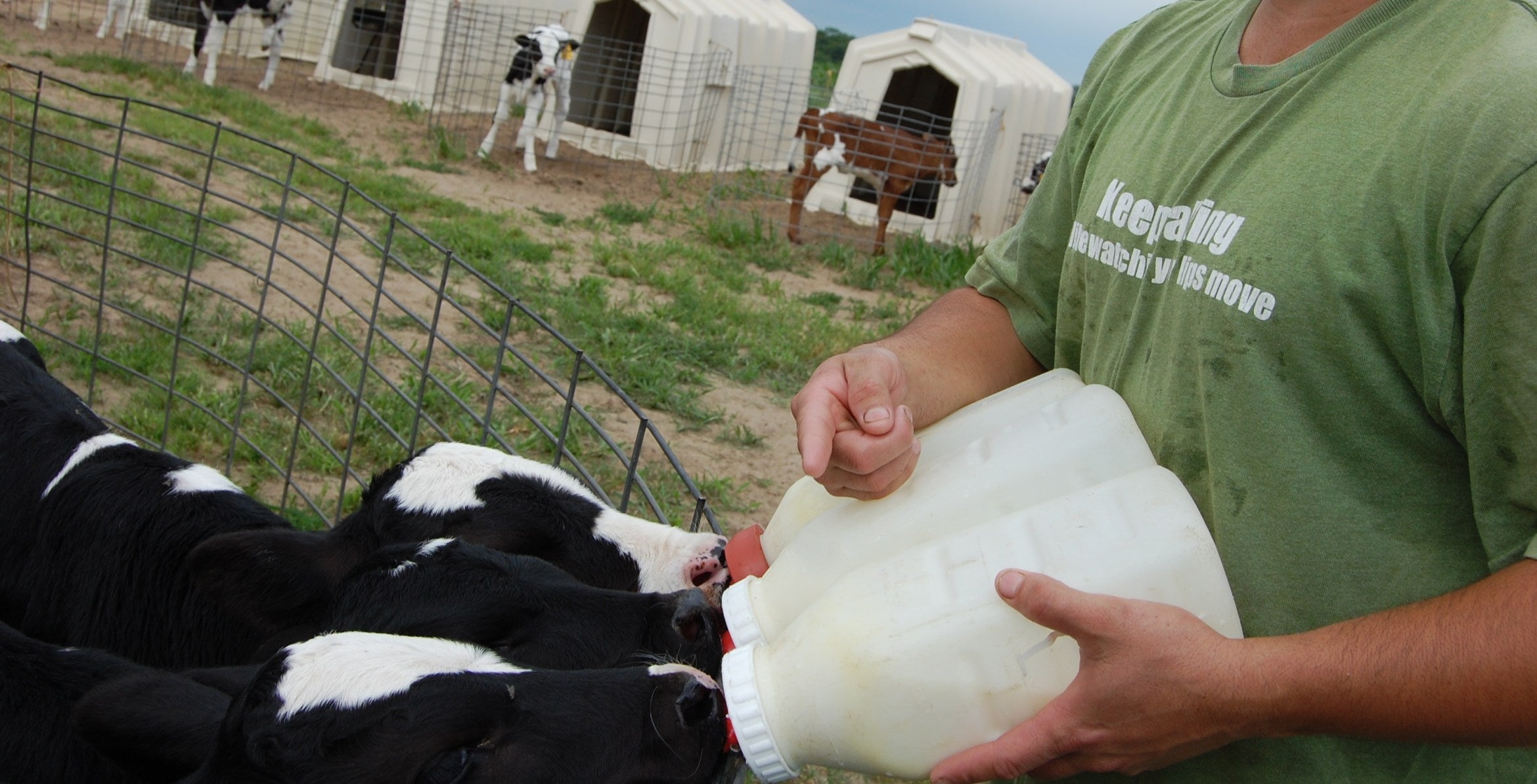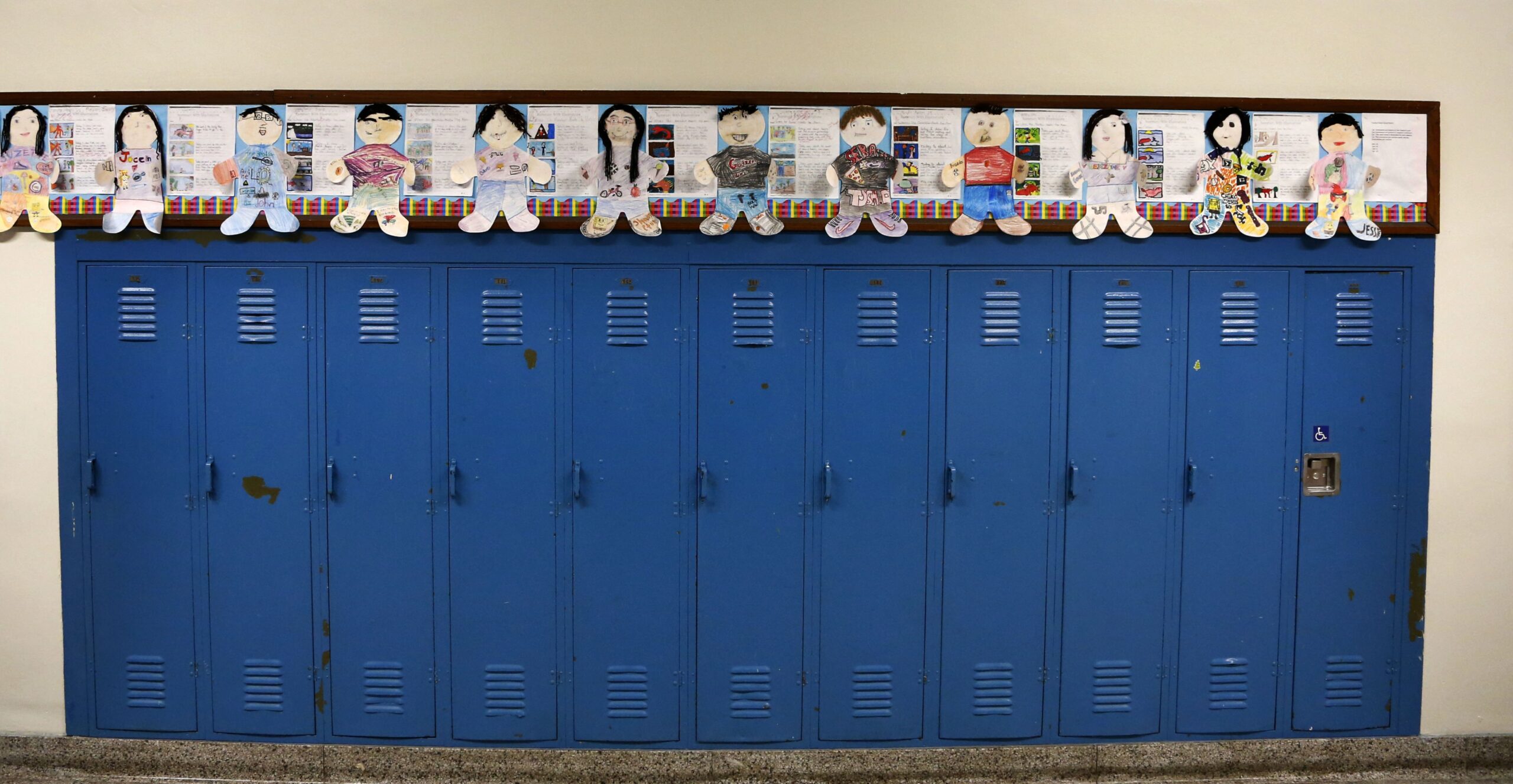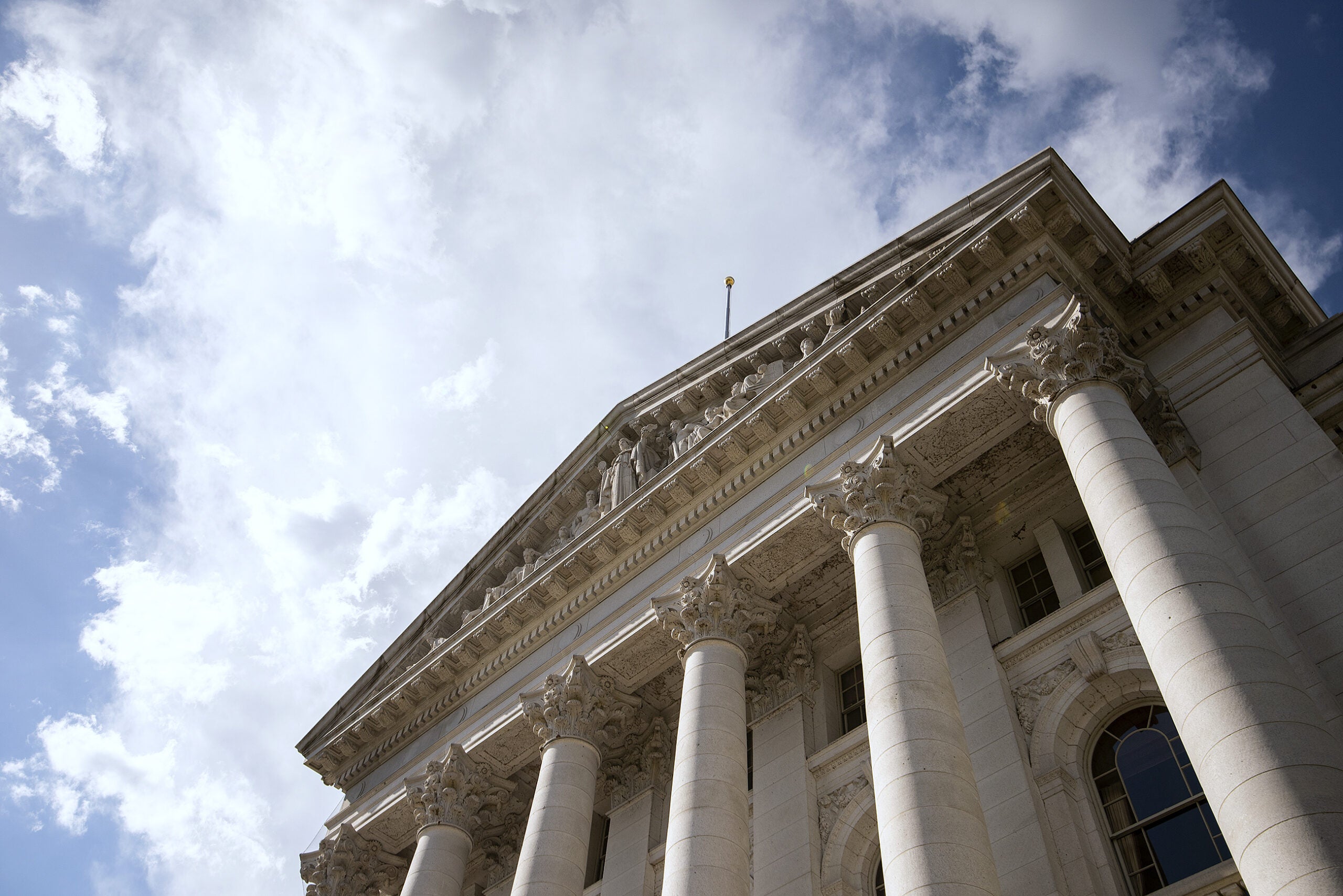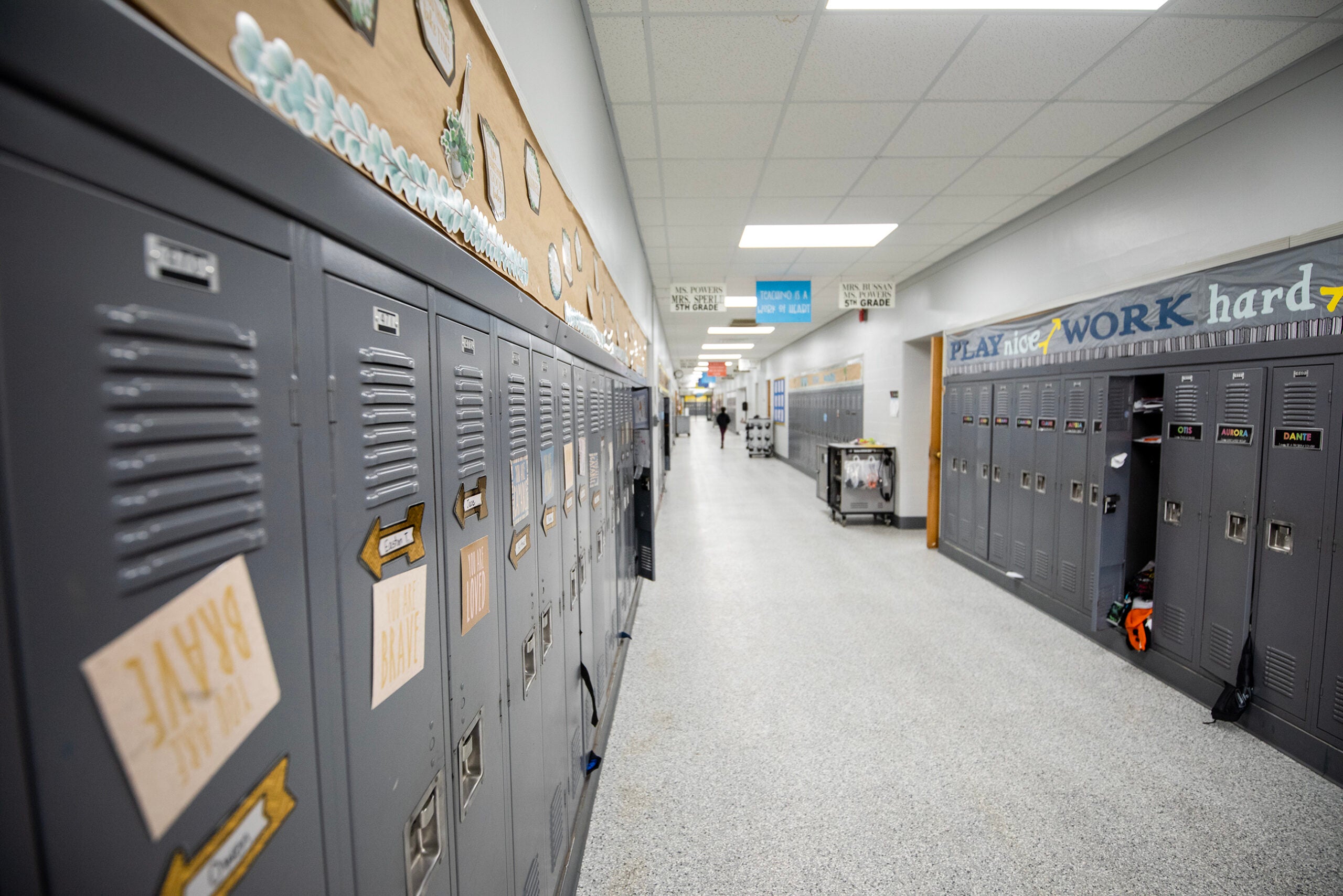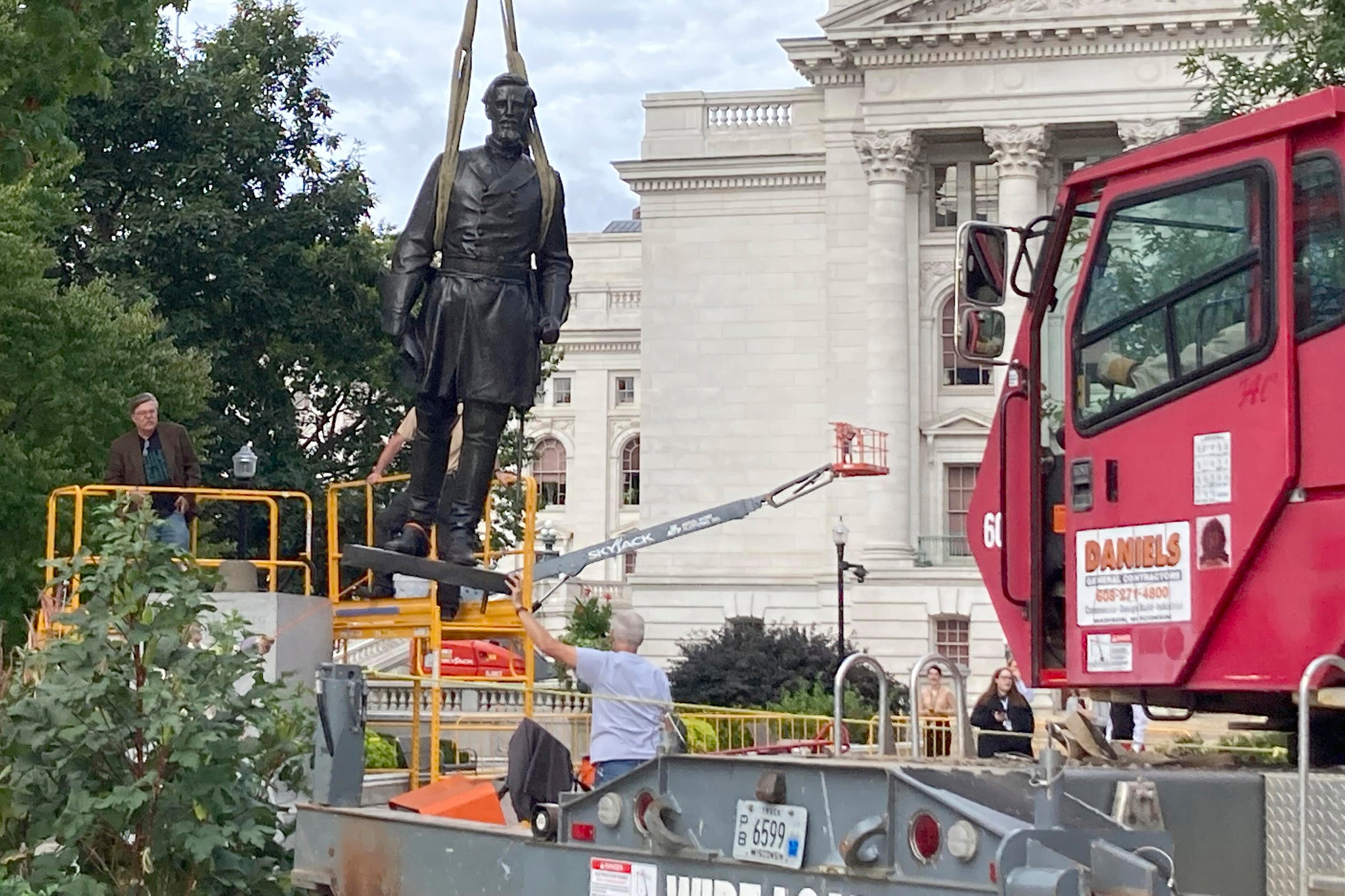Behavior that would constitute sexual harassment in the workplace would also be prohibited in school settings under a bipartisan bill moving through the state Legislature.
The legislation would resolve what cosponsor Sen. Jesse James, R-Altoona, called a “gray area in state statute” in which sexual comments or behavior from a school employee to a minor student is technically legal if no physical contact is involved.
“Under our current state law, there are prohibitions against sexual contact with a minor and sexual harassment in the workplace between coworkers. However, what about situations where a teacher is verbally degrading a student with sexual comments?” James said at a public hearing of the Wisconsin state Senate’s judiciary committee. “Common sense would tell us that the teacher should be charged in some way for his or her actions.”
News with a little more humanity
WPR’s “Wisconsin Today” newsletter keeps you connected to the state you love without feeling overwhelmed. No paywall. No agenda. No corporate filter.
The bill would make it a felony offense for school staff to engage in sexual misconduct “that substantially interfered with a pupil’s academic performance or created an intimidating, hostile, or offensive school environment.”
It would also make this type of behavior an offense requiring mandatory reporting. People convicted of certain crimes against children, including sexual misconduct against students, would permanently lose their licenses to work in schools.
The proposal was advocated for and inspired by Kerri Pingel, who was a student at a private Christian high school in southeastern Wisconsin when, she says, a school official would ask her sexually explicit questions about her relationship with her boyfriend, talked about his own genitals and commented on her sexual purity — all under the guise of faith-based counseling.
“As a child, I did not understand this educator took advantage of my vulnerability for his sexual gratification without my consent,” Pingel said at the hearing. “One of the saddest parts to me is I genuinely looked up to and trusted this man as an educator. It took several years to come to terms with the abuse.”
When Pingel reported the abuse, she said that law enforcement found that no crime had been committed “because this man never touched me and I was not his employee.”
Wisconsin state law already bans sexual assault in schools — which is defined as sexual activity that takes place between an employee or volunteer over age 21 and a student — and sexual harassment is a crime in workplaces. Separately, Title IX, a federal law protecting students from discrimination on the basis of sex, is often leveraged to protect students against sexual harassment and assault.
But that federal protection does not apply to private schools, which leaves students like Pingel particularly vulnerable.
“Every child has the right to a safe learning environment regardless of what type of school they attend,” said Rep. Tod Ohnstad, D-Kenosha.
At the hearing, Sen. Eric Wimberger, R-Green Bay, raised some concerns about wording in the proposal, arguing that terms like “sexual advances” and “offensive school environment” need to be clearly defined to avoid misuse of the law.
Lawmakers can make changes to the language of the bill, which will need to be voted out of committee before being considered for introduction before the full Legislature.
The bill is coauthored by Republicans and Democrats, and has public support from multiple law enforcement groups and the Wisconsin Nurses Association.
Wisconsin Public Radio, © Copyright 2025, Board of Regents of the University of Wisconsin System and Wisconsin Educational Communications Board.



